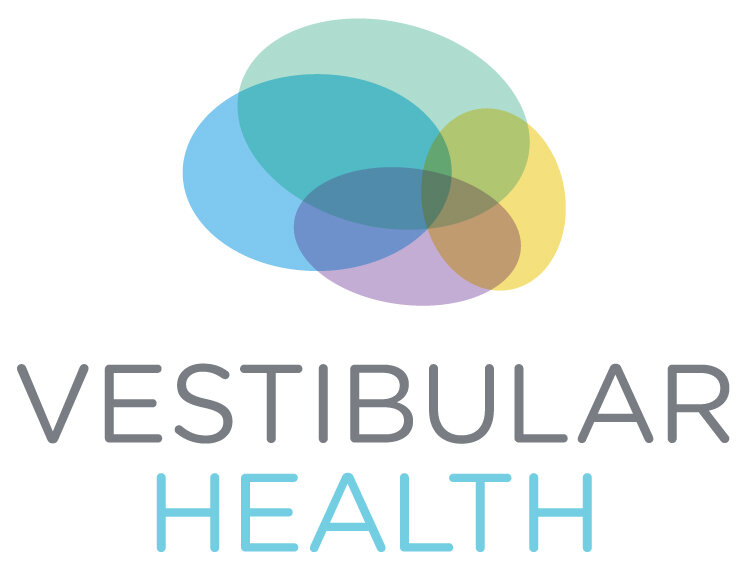
Will vestibular rehab help me?
Do you experience dizziness, vertigo, balance problems, or falls? Find out if vestibular rehabilitation physiotherapy can help you! Learn what vestibular rehab is, how it works, and whether it could help your symptoms. Our expert physiotherapists are here to help at our Toronto clinics or online through virtual care.
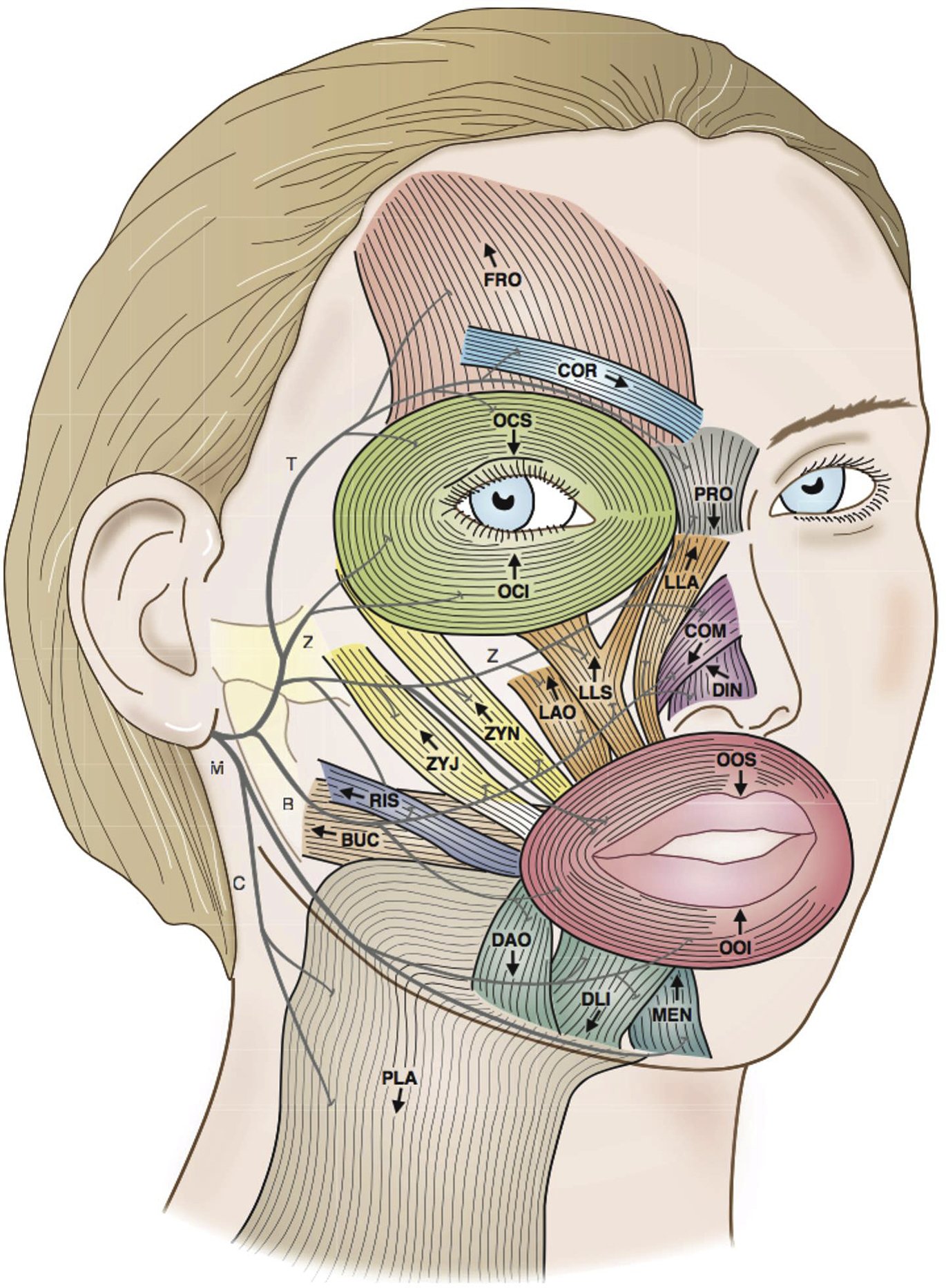
Physiotherapy for facial nerve palsy
Facial palsy rehabilitation helps you relearn to move your face in a natural way after an injury to the facial nerve. Learn more about the facial muscles and nerve, facial paralysis, synkinesis, and how seeing a physiotherapist for facial neuromuscular retraining can help.

Planting SEEDS for your vestibular health
Discover how planting SEEDS (sleep, eating, exercise, drinking water, stress management & social connection) alongside vestibular rehabilitation can support your recovery from vestibular disorders. Learn practical tips for improving your physical and mental health.

How to find a vestibular health care provider
Find the right health care provider to diagnose and treat vertigo, dizziness, and balance problems. Learn about specialists who provide vestibular care, and what to look for in vestibular rehab therapy to get effective treatment.

Can serotonin help restore balance? Exploring the role of SSRIs and SNRIs in vestibular disorders
Discover how SSRIs and SNRIs, commonly used for depression and anxiety, may help improve vestibular symptoms in vestibular disorders like PPPD, Vestibular Migraine, and Meniere's Disease. Explore new research on the mind-ear connection.

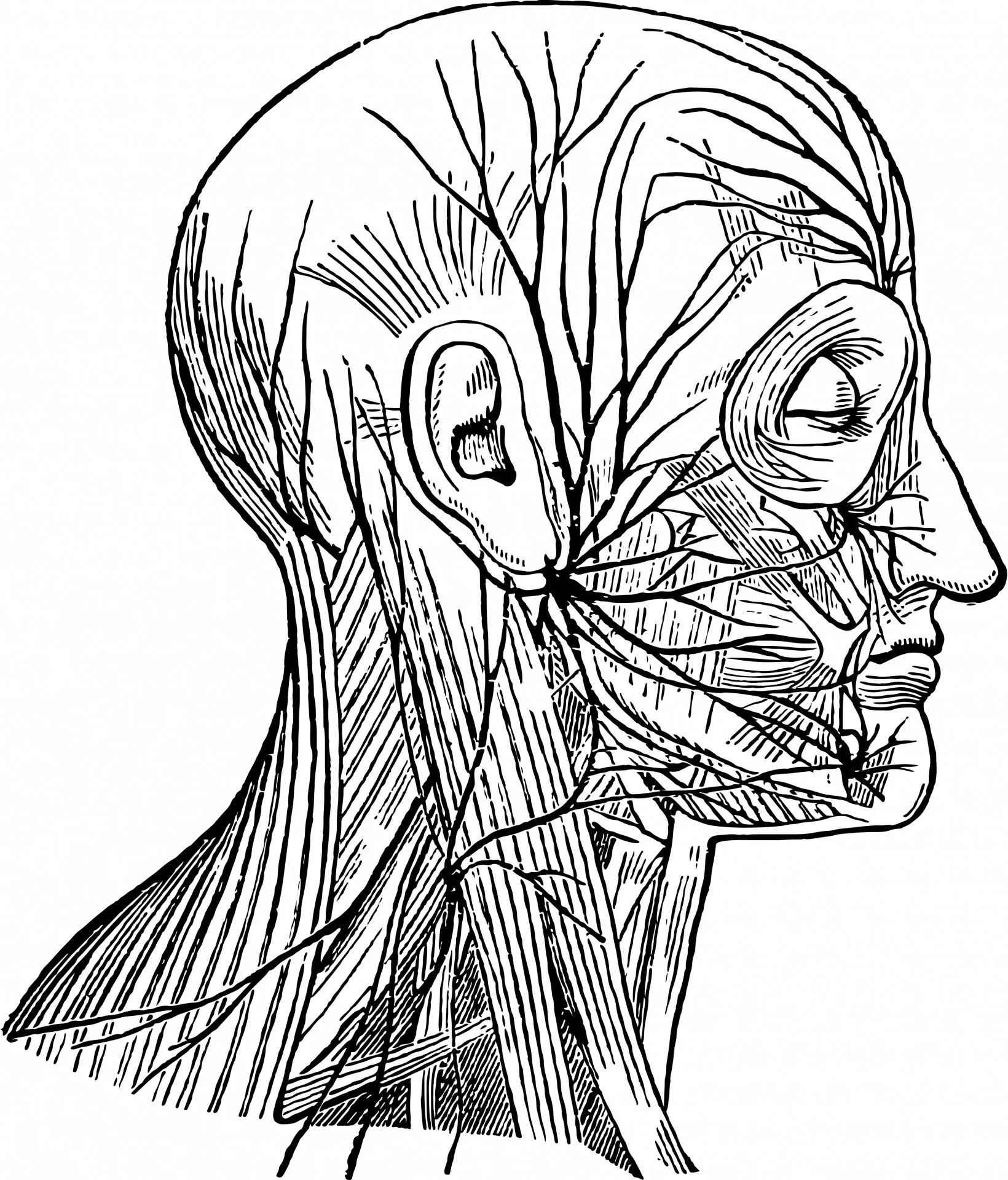
Understanding Bell's Palsy treatment & recovery
Learn about Bell’s Palsy treatment and recovery. Physiotherapy and facial neuromuscular retraining can help you regain balanced face movement. Our Toronto clinic can help guide your recovery from facial palsy and synkinesis.
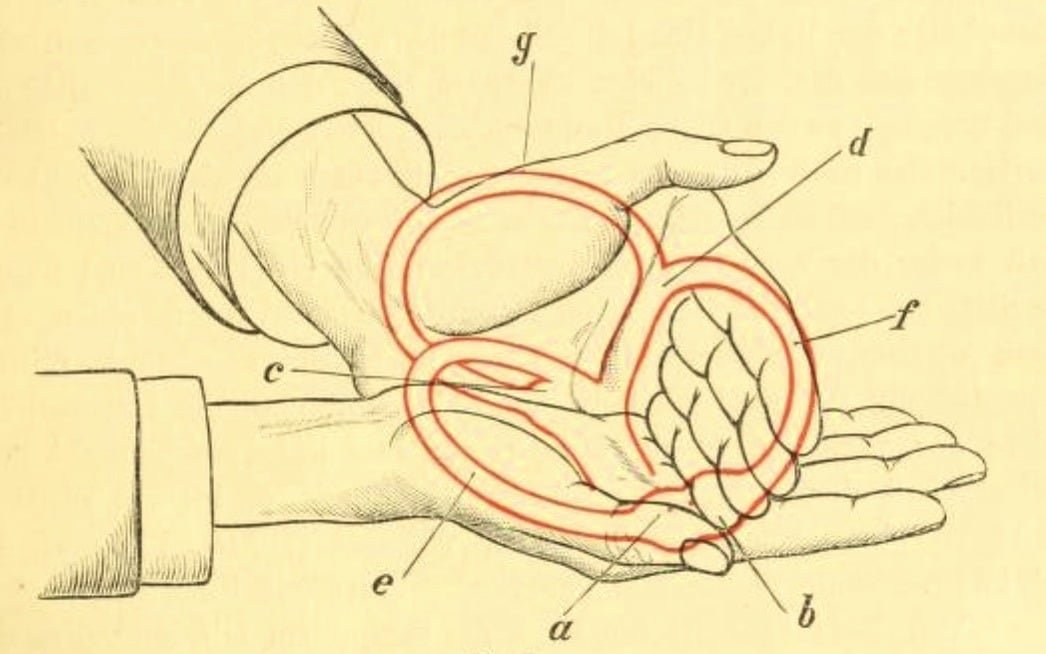
Menière's disease
Learn about Meniere's disease symptoms, diagnosis, and the role of vestibular rehabilitation physiotherapy in improving quality of life and managing dizziness and imbalance.

Untangling synkinesis: Finding harmony after facial nerve palsy
Learn about synkinesis after facial nerve palsy - what it is, why it happens, and how facial neuromuscular retraining physiotherapy can help improve facial movement and quality of life.

Living with acoustic neuroma: Balance issues & vestibular rehabilitation
Learn about acoustic neuroma and its impact on balance beyond physical instability, including emotional wellbeing and quality of life. Watch the webinar featuring patient experiences and expert advice from vestibular rehabilitation physiotherapist Shaleen Sulway.

Managing dry eye due to facial palsy
Learn why facial nerve palsy & Bell’s palsy can cause dry eye, and practical tips for how to improve symptoms and protect your eye health.

In the news: Finding help for chronic vertigo
Many people with vertigo have a hard time finding help. Dr. John Rutka spoke with CBC Radio about the challenges people face getting a diagnosis and effective care for vestibular symptoms.

Facial palsy: How to support your recovery in the early flaccid stages
Learn how to support facial palsy & Bell’s palsy recovery during the early flaccid stage. Discover tips for managing weakness, eye & mouth issues, what to avoid, and how physiotherapy can help.

Research update: BPPV and vitamin D
Research suggests that vitamin D deficiency could be related to BPPV, and that taking vitamin D supplements might help some people reduce their risk of having repeated episodes of BPPV. Learn more about the latest evidence on BPPV, risk factors for recurrence, and the role of vitamin D.

Understanding facial palsy recovery: What to expect
Understand facial palsy & Bell’s palsy recovery stages, from flaccid paralysis to paresis to synkinesis. Learn about facial nerve injury, recovery timelines, and how physiotherapy treatment can help.
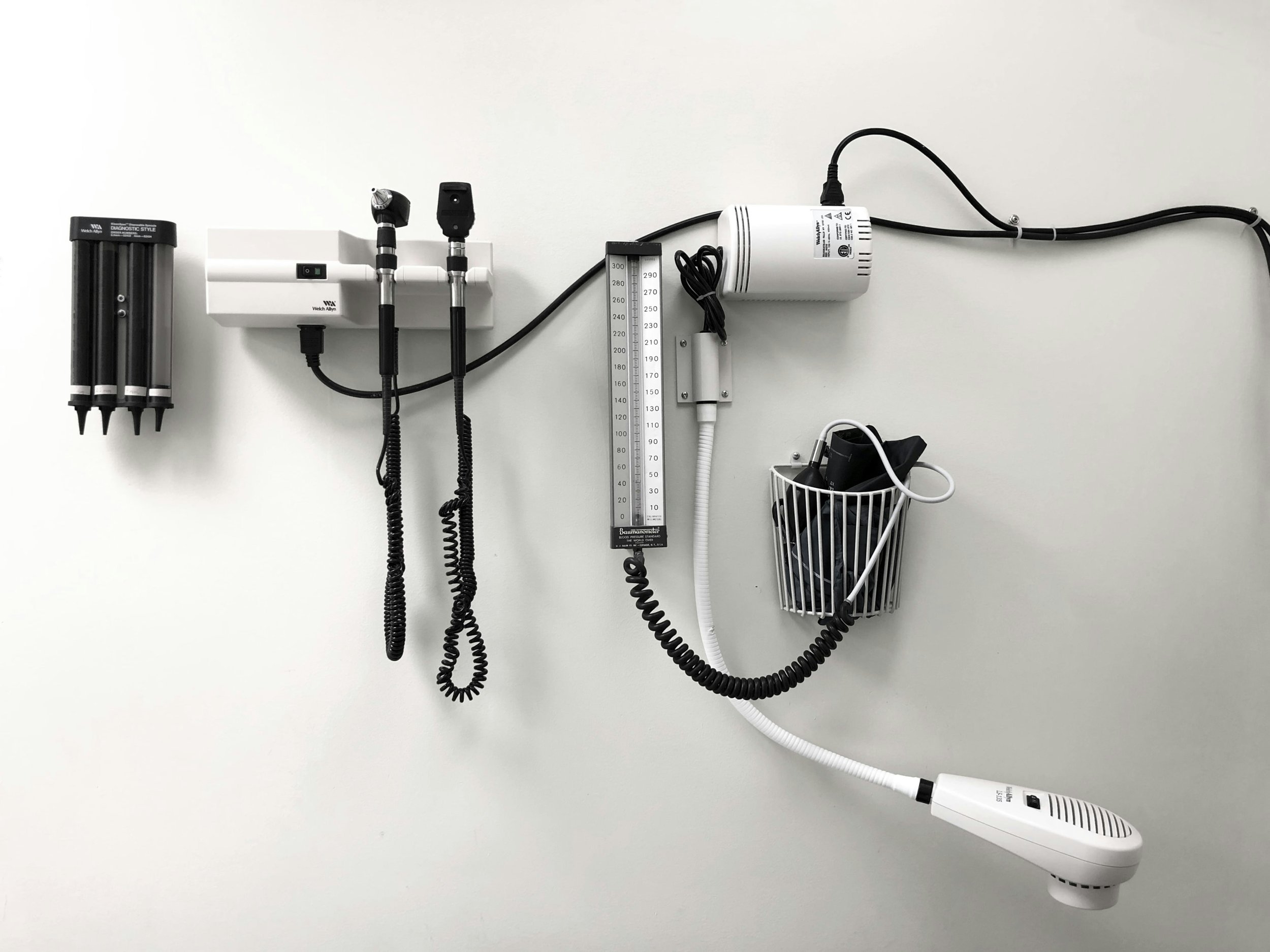
In the news: Why Canadians need more help for dizziness
Many people who experience problems with dizziness, imbalance, or vertigo have trouble getting a diagnosis and difficulty accessing specialists. Our team spoke with CBC Radio about the challenges people face getting comprehensive evaluation and effective treatment for vestibular symptoms.

Improving dizziness & balance with acoustic neuroma
Our team presented a poster at the Acoustic Neuroma Association symposium on physiotherapy outcomes for patients with acoustic neuroma/vestibular schwannoma seen in our clinic. Vestibular rehabilitation can help improve symptoms of dizziness, imbalance, and blurry or bouncing vision across all stages of acoustic neuroma treatment options.

Post-concussion dizziness & vestibular rehabilitation
Vestibular symptoms like dizziness, vertigo, imbalance, and visual dependence are common after concussion. Watch Shaleen Sulway’s presentation for the Canadian Concussion Centre on the role of vestibular physiotherapy in evaluating and treating vestibular symptoms after mTBI.
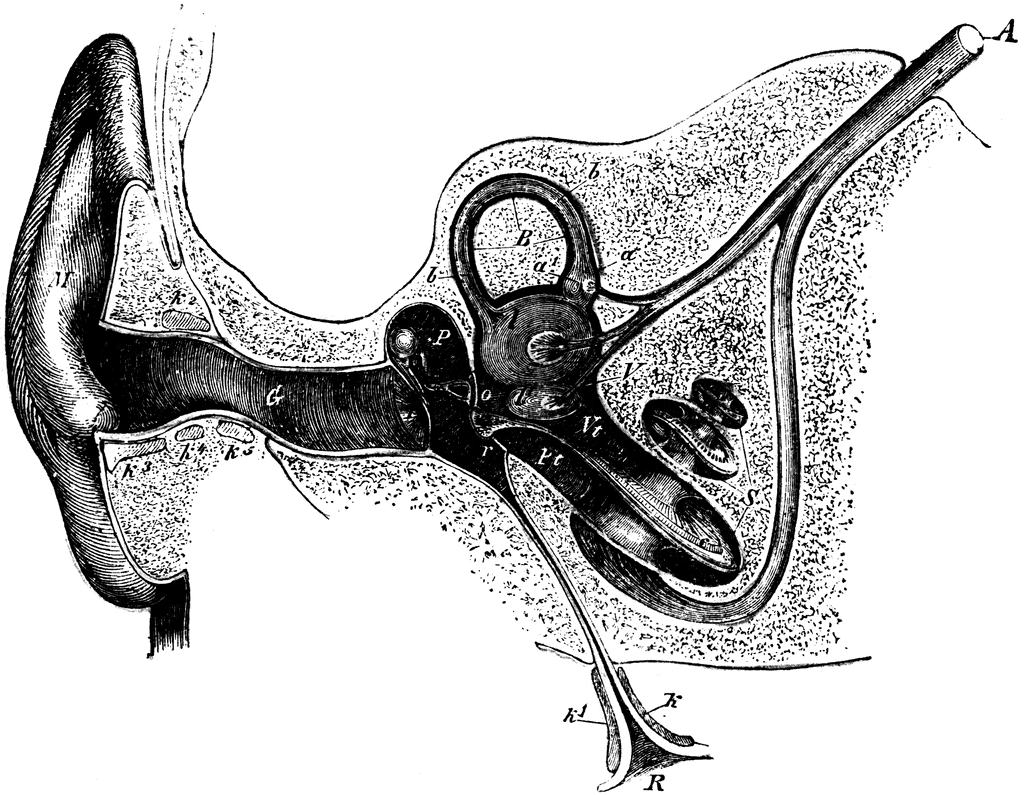
Vestibular neuritis
Vestibular neuritis is a common cause of vertigo, and vestibular rehab is an effective treatment to improve symptoms and quality of life. Learn about the symptoms of vestibular neuritis, how this condition is treated, and what to expect in your recovery.
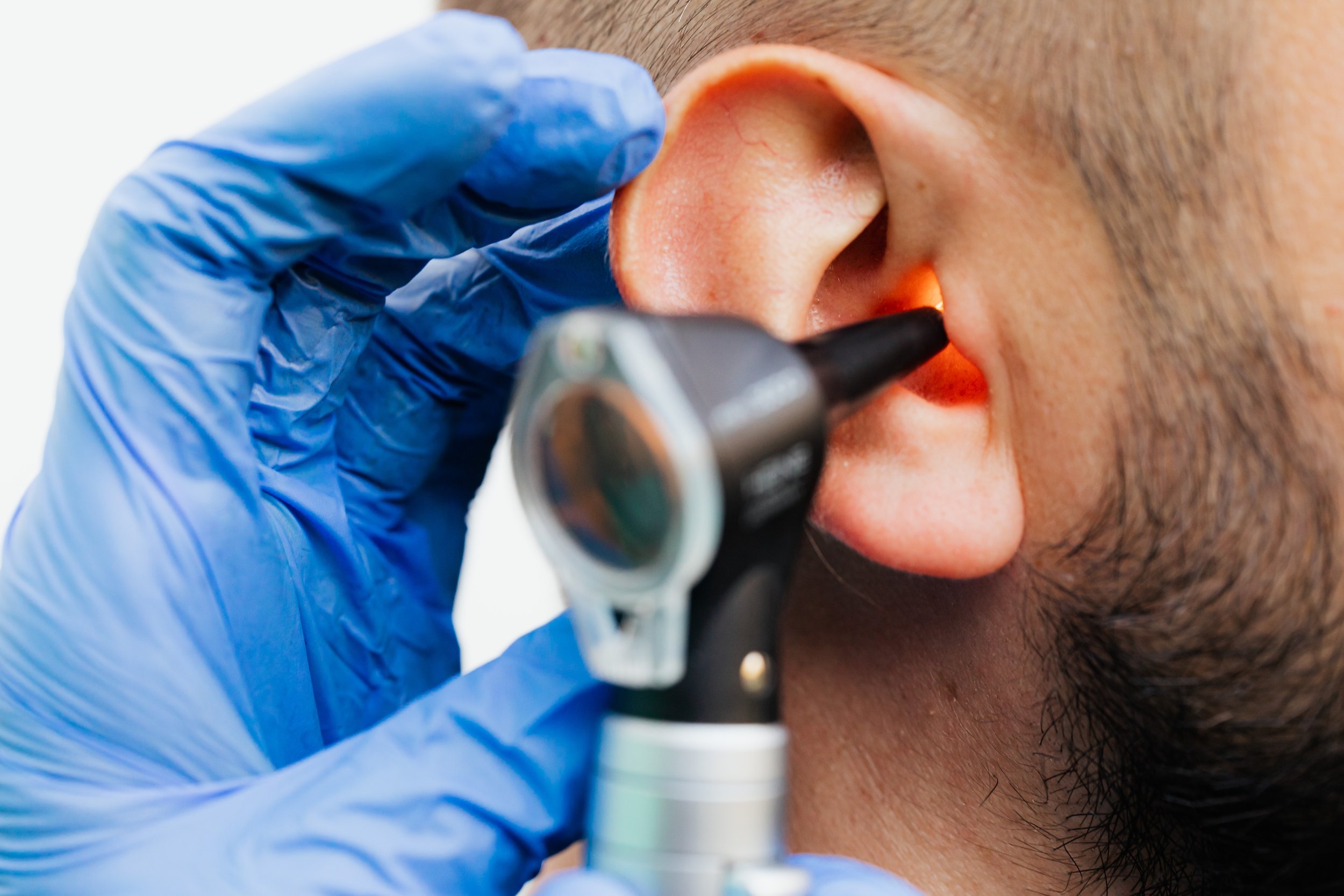
Diagnostic tests for vestibular disorders
Your doctor may recommend tests of your inner ear function to help confirm what is causing your dizziness, vertigo, or balance problems. Learn more about common tests used to diagnose vestibular disorders.
